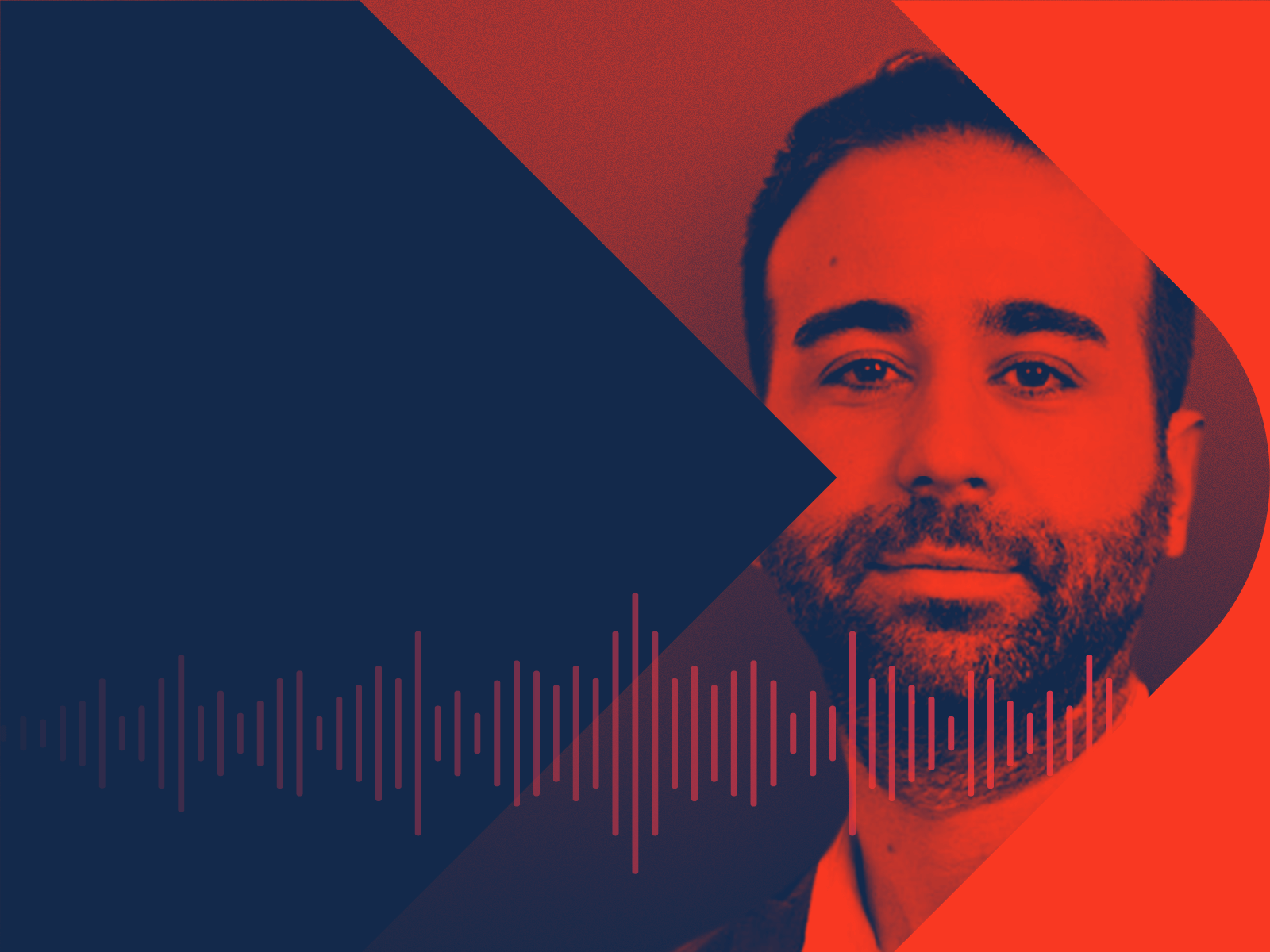“It’s not an if but a when moment.”
Google's announcement earlier this year gave us all a little bit more time to prepare for the post-cookie era. Still, now is not the time to lean back and wait for others to find the solution but to use that additional time wisely, and find the right solution to be prepared for 2023.
In the sixth episode of our Identity Architects podcast our Sales Director Nick Henthorn sat down with Peter Markey, CMO at Boots, to discuss the cookieless future, how data can improve the customer experience, the recently launched Boots Media Group, and more.
“Data is really important to our business. [...] Our dream as marketers is, you have the right product to the right message in front of the right customer [...] at the right time. And data is critical to that. So I think with the cookieless future the value therefore in the quality of what you have with your own data, our first-party data, is only going to increase.”
With the third-party cookie going away, where are we headed now? Will there be one solution as a cookie replacement or are we more looking towards a multi-ID approach? Which solutions will prevail?
“It’s a fascinating time for the industry. [...] For me evidence is pointing more towards a hybrid approach because there are a number of solutions on the market already. [...] I can’t as of yet picture an overarching solution. [...] The sort of more quality customer experience led solutions are gonna be the ones in the long run.”
So how can companies prepare and behave now? Peter Markey agrees, companies should not lean back and wait until the last minute.
“I think the brands that are smart will say, look there is a narrow window of time, they’ve now got to look [...] more seriously at the options and the opportunities in front of them. [...] My encouragement for any brands that haven’t thought through the Google delay is just to get ahead of it and go ‘How do we create the space and the opportunity to really add value for our customers and consumers?’, to enrich the customer experience and deliver something that’s meaningful, that means they will be coming back to you and engage with you in the long run which is certainly something we've been doubling down on with our loyalty program over the recent months.”
And what about Boots? Is the retail company prepared for the post-cookie era?
”We feel well prepared. [...] We’ve started a mass personalization vision really around how we get better and smarter, how we use our data – as I said we've got 15 million advantage card customers. We have millions of shoppers that come in each week, we have many more now visiting us [...] online. We’ve been investing heavily in how we use our first-party data. We've focused on strengthening what we do, first-party data proofing our tools and building some really important strategic relationships of which the one with InfoSum for me is a really significant one where we want to be at the front for how we best get in front of customers at the moments that matter.”
With that in mind, right now there are some really interesting partnerships emerging. One of them being Boots working with broadcasters like ITV and Channel 4. A very interesting example is the collaboration of Boots and ITV for Love Island.
“We will see some very interesting partnerships. [...] We’ve done some really exciting work with media owners over the last six months. We partnered with ITV as the feelgood partner for Love Island which was a great partnership. [...] Our products were featured in the show so you could literally shop the show, buy what was in the show as you’re watching it.”
These partnerships are designed to deliver rich data-driven customer experiences, but must be part of a value exchange that prioritizes transparency and consumer privacy.
“Data always has to be collected in a really transparent way. So you'll be clear upfront why you're collecting that data, what you're using it for and also I think talk about the value exchange you want to create.”
With this in mind, how does Boots communicate this value exchange to their customers?
“If you’re sharing your data with a business like Boots, what are we going to use it for? And how is that adding value to you if you tell us things about for example your beauty regime. [...] We can give you a better experience if we know what sort of products you like, the brands you like, the brands you use. [...] It's like a contract of sorts [...] which says we won't sell your data, we won't do anything with it that pushes it beyond our ecosystem and actually the way it's used is value enhancing for you. We will give you offers and promotions on things that matter to you in your life at the moment you need it. And actually the more we know you the better the experience can get. [...] The fact that we can know you better to serve you better is really key.”
With that transparency there also needs to be trust between the consumer and the brand. Without that trust, consumers will not willingly share more data than they need to share with a brand to use their services.
“I do think it starts with the transparency and it starts with the degree of trust which Boots inherently got but you need to keep earning that trust by first getting people engaged but then continuing to deliver on that promise and the value exchange to make sure that what you provide is even better and even stronger each time.”
That trust and reputation is the key to running a successful and sustainable business in the future.
“Reputations for companies will be built on the strength and the quality of what they do to build deeper relationships using data for customers.”
So let’s do everything possible to earn and continue earning the consumer’s trust.
Thanks, Peter Markey, for the chat.





